Jane from Fleur Fisher Reads recommended Margery Sharp, as an author who should be read by more people. I struggled to find any of her books as they are now out of print, but then I struck gold and found three all together!
The Nutmeg Tree was first published in 1937 and was probably the 1930s version of chick-lit on its release. It was a lovely, light entertaining read – the perfect antidote to all the depressing books I’ve been subjecting myself to recently.
The story centres on Julia who is widowed after a very short marriage. She decides to leave her daughter, Susan, in the care of her in-laws to pursue a career on the stage. She has no contact with her daughter and is surprised to receive a letter from her twenty years later, begging her to come and visit the family in France.
The point is that I want to get married and Grandmother objects.
Julia decides to be reunited with her daughter and travels to France at the first opportunity.
The Nutmeg Tree is a heart warming book, packed with details of an English way of life that just doesn’t exist any more. The plot isn’t the best thing I’ve ever read, but it did make me smile!
I would normally have a problem with a character that abandoned her daughter, but for some reason this didn’t really come into it – I loved Julia’s character and just accepted that things were different back then. Julia is such a bold character who finds herself in all sorts of sticky situations – I loved the ingenious ways in which she wormed her way out of trouble and her courtship behaviour was very entertaining.
This book will appeal to fans of Persephone books, and I hope that one day they reprint one of her books as Margery Sharp does deserve to be rediscovered.
![]()
Have you ever read anything by Margery Sharp?
Can you recommend any other forgotten authors who are worth seeking out?
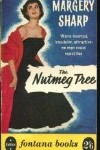
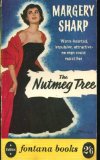
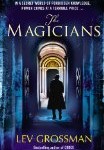
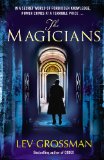
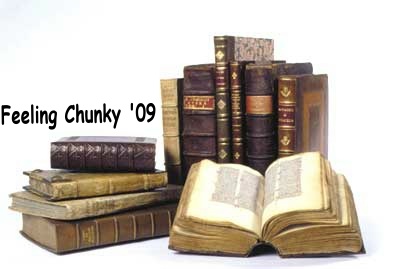
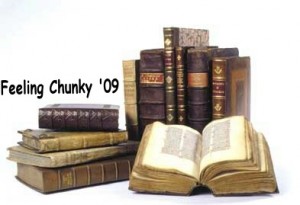

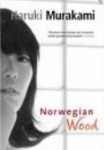
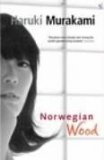

 Book bloggers are continually adding to my wish list, but it takes something special for me to be persuaded to run out and buy the book straight away.
Book bloggers are continually adding to my wish list, but it takes something special for me to be persuaded to run out and buy the book straight away.